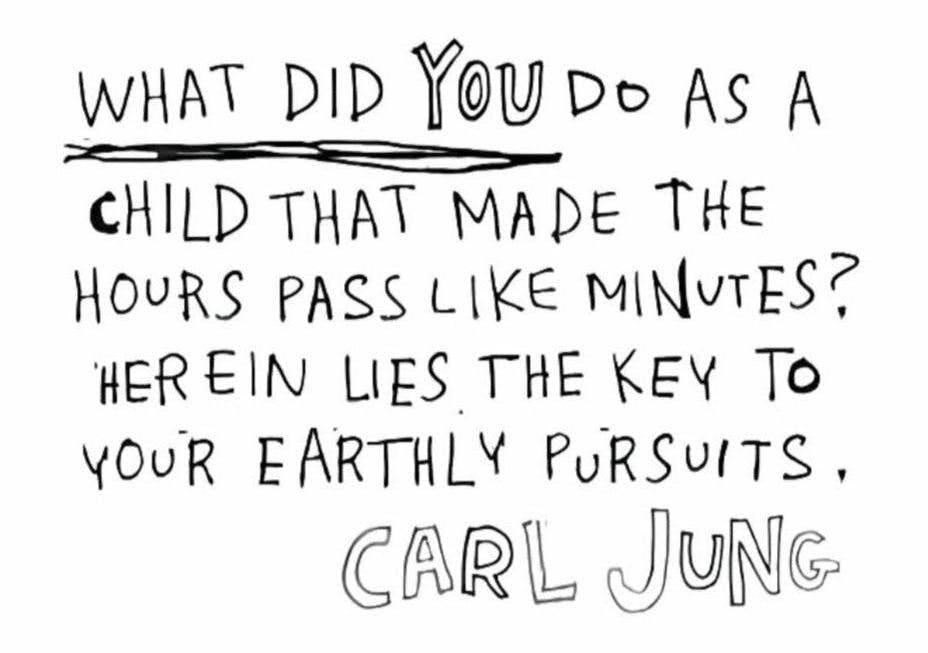Life Lessons from Kiyotaka Ayanokoji, How to Productize Your Career, and More
"I would rather entertain and hope that people learned something than educate people and hope they were entertained." — Walt Disney
Weekly Snapshot
In today’s newsletter, we highlight:
What a fictional anime character can teach us about life
Following the 30-60-90 framework when starting on a new role
Insights from the longest existing study on human development
Hey friends,
In my 25 years of navigating my little journey in this world so far, I’ve come to realize that there are three certainties in life: death, taxes, and great entertainment. The problem is that too many people settle for mediocre entertainment, wasting time on what doesn’t truly engage them.
Especially in the age of social media, instead of binge-watching mindless shows, choosing content that makes you think instead of opting for easy, repetitive content because it’s comfortable, could help enrich your experience and make your time spent more valuable.
For today’s edition of The Hourly Bread, we’re looking into some of the most thought-provoking and insightful lessons from a collection of high-quality pieces of entertainment that I consumed over the past week. Let’s grow!
— Kristoff 🤞
Ten lessons from the Classroom of the Elite
Here’s a fun fact about me: I love good anime!
I can’t emphasize this enough, but ever since I started watching anime series in high school, I’ve always tried to watch several anime series every time I can. From sports anime, to shounen, to isekai … you name it, I’ve probably watched most of the major titles already.
So much so that when Muse Asia started bringing all-time fan favorites in YouTube, I too grabbed the opportunity to watch these anime series for free, including the three-season anime adaptation of the light novel series Yōkoso Jitsuryoku Shijōshugi no Kyōshitsu e, or most commonly known as the ‘Classroom of the Elite’.
The plot in itself offers more than just an engaging storyline; it presents profound insights into life, career, and personal growth. The anime explores themes of competition, strategic thinking, and the complex dynamics of human behavior, all of which resonate with the challenges we face in the real world. By examining the characters’ journeys, led by the main character Kiyotaka Ayanakoji, and the psychological principles they navigate, we can extract valuable lessons on how to succeed in our careers, build resilience, and achieve personal growth.
Below are my 10 favorite quotes from the anime series’ episode titles that can empower you to thrive in both your professional and personal life:
"There is no one-size-fits-all way to improve oneself."
This quote highlights the importance of personalized growth strategies. I remember watching an Instagram reel before which said that there’s no such thing as following behind the footsteps of someone because walking behind means walking on the same path as theirs. Nobody is walking on the same path. Read that again.
"We should not be upset that others hide the truth from us, when we hide it so often from ourselves." – François de La Rochefoucauld
"The greatest minds are capable of the greatest vices as well as the greatest virtues." – René Descartes
"To doubt everything or to believe everything are two equally convenient solutions; both dispense with the necessity of reflection." – Henri Poincaré
"A chain is only as strong as its weakest link." – Thomas Reid
"Change is the law of life." – John F. Kennedy
We’ve learned pretty early in our Science classes that change is the only constant thing in the world. That’s one of the Seven Laws of Nature. It’s even truer even in our careers. Stock markets as well as foreign exchange rates dramatically increase and decrease every second. What’s news today will probably be history tomorrow. The best way to acknowledge change is to embrace change.
"Man is an animal that makes bargains: no other animal does this – no dog exchanges bones with another." – Adam Smith
"The apple doesn’t fall far from the tree." – German Proverb
"An investment in knowledge pays the best interest." – Benjamin Franklin
Continuous learning is a key to career advancement. With the need to continuously upskill and reskill as artificial intelligence continues to rise, not only does this quote transcend time but it also leaves a valuable lesson: unless you integrate a habit of advancing your knowledge, you will never move forward.
"What is evil? Whatever springs from weakness." – Friedrich Nietzsche
How to productize your career
While I admit that I consume content like crazy, I am never shy to admit that I only religiously listen to a couple of podcasts: the No Dunks podcast from The Athletic Network and
’s podcast (which is also published in his Substack at ). That is why when I hear practical pieces of life advice, I immediately get fired up and take note of them.In a recent podcast episode, Lenny talked to Ancestry CEO and former longtime VP of Product at Facebook Deb Liu, in which the latter dropped numerous insightful gems on navigating your career, including succeeding as an introvert, being comfortable in making mistakes while acknowledging perfectionism as a curse, and how to structure your career to make an impact, especially when starting a new role.
When working on a new role, Deb shared the 30-60-90 day plan as a framework and broke it down into three phases:
30 days: During your first 30 days, focus on learning and understanding the organization, team, and product. Get to know your colleagues, familiarize yourself with the company culture, and identify key stakeholders. Conduct a listening tour to gather feedback and insights from various team members.
60 days: In the next 60 days, align on vision and goals with your manager and team. Define your key objectives and deliverables for the next 90 days. Start contributing to projects and initiatives, and build relationships with cross-functional teams.
90 days: Consequently, execute on your plan and deliver on your commitments. Demonstrate your skills and capabilities, and start making a meaningful impact on the team and product. Reflect on your progress and seek feedback from your manager and colleagues.
What leads to a happy life?
For centuries, people have chased happiness like a pot of gold, often overlooking the simple ingredients that truly cultivate it. Yet, Harvard University’s 86-year-old study on adult development have long argued that a happy life is often attributed to a simple yet somehow complex reason: having meaningful relationships.
Strong, meaningful relationships are crucial for long-term happiness. According to the study, the quality of our relationships is a significant predictor of life satisfaction.
Many people fall into the trap of believing that having many acquaintances or a large social circle is enough. However, it's the depth, not the breadth, of relationships that truly matters. Close relationships—whether with family, friends, or a partner—offer a support system that helps navigate life’s challenges. These bonds provide emotional support, reduce stress, and foster a sense of belonging, which are all key components of happiness.
Strong relationships are the cornerstone of a happy life because they provide us with the essential support, connection, and love we need to thrive. Here's why:
Our relationships provide a safe haven where we can share our feelings, thoughts, and experiences with others who care about us. They offer empathy, understanding, and a shoulder to lean on during both good times and bad.
Belonging to a group of people who accept us for who we are fosters a sense of connection and community. It gives us a feeling of being part of something larger than ourselves and provides a sense of purpose and meaning.
Studies have shown that having strong social connections can lower our risk of depression, anxiety, and other mental health issues. This is because relationships help us regulate our emotions, boost our self-esteem, and provide a sense of resilience.
Finally, and believe it or not, our relationships can even impact our physical health. People with strong social ties tend to have stronger immune systems, lower blood pressure, and a longer lifespan.
A thought-provoking question
When writing my weekly newsletter, I usually also scour through my newsletter subscriptions from other content creators in this space to find inspiration.
This week, I encountered one of the most bizarre and thought-provoking questions I’ve ever read in my life, thanks to Colby Kultgen’s 1% Better newsletter.
What did you do as a child that made the hours pass like minutes?
Whether it’s a sport, a hobby, or a creative pursuit, Colby suggested that trying to reclaim the curiosity, joy, and passion for life we had as children is detrimental in navigating our adulthood.
Come to think of it. When I was a kid, I used to write 10+ sports news articles in 2-3 hours for my campus journalism training sessions. Aside from that, I play the drums in our home church every week, which includes practicing for songs that might be sang during our worship service on Sundays. Nowadays, I don’t do as much any of these two things.
Perhaps this is the universe’s way of reminding me that it’s never too late to rekindle the flame that we once had for the interests that we’ve long forgotten but we used to do when we were young.
If it was you, what do you think is one activity that you would wish to do again if given the chance? Reply to this email or leave a comment below.
The -ber months are here
Sunday marks the start of the Christmas season in the Philippines, and there’s no better way than to kick it off with a festive (meme) spirit. Have a great weekend, everyone!







